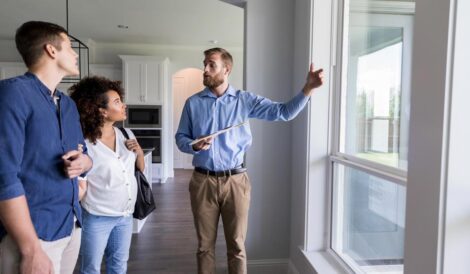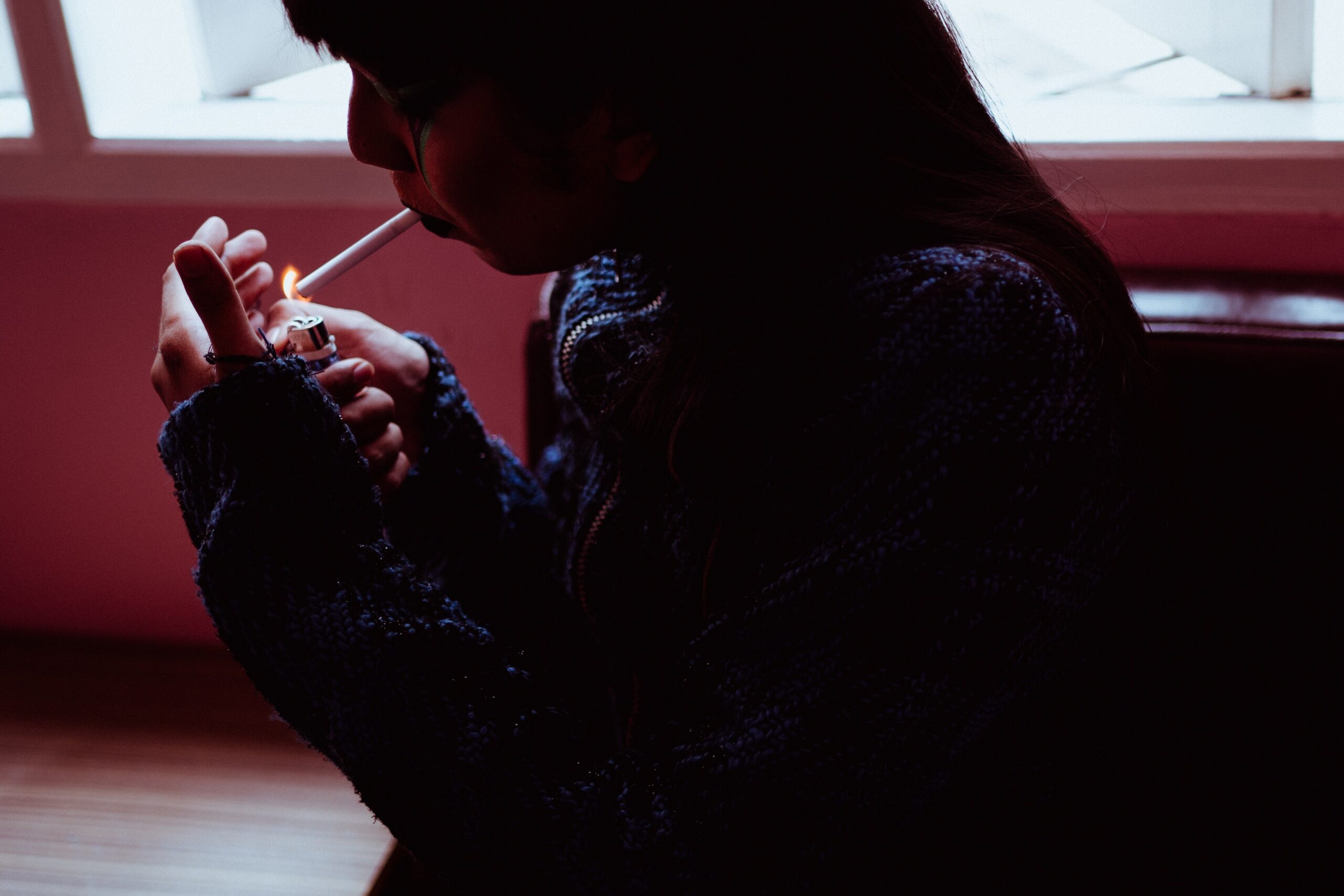- Posted on
Sleep Deprivation
Sleep deprivation is a common phenomenon, around 35% of Americans suffer from sleep deprivation according to statistical analysis1. This phenomenon is the cause of not having enough or good quality sleep. It can be a short-term phenomenon and depending on the age the person might need more or fewer hours of sleep. For example, toddlers require up to 14 hours of sleep, while children normally require up to 10 hours of sleep, and adults around 8 hours of sleep.

It is important to bear in mind that insomnia and sleep deprivation are not the same thing. While sleep deprivation is a short-term phenomenon, insomnia tends to be a long-term phenomenon with the requirement of medication to treat this sleeping disorder3.
Our body systems that tend to be affected due to sleep deprivation are:
- Nervous system
- Immune system
- Heart and circulatory system
- Our brain
- Metabolic system
The symptoms may vary from daytime sleepiness to lowered concentration and thinking impairment, however, the most common symptoms are the following:
- Reduces attention spam
- Mood swings
- Memory impairment
- Impairment of decision making
- Lack of energy
Acute sleep deprivation can lead towards having more accidents at work or even acquires a high risk of having a car accident while driving. Therefore it could be said it leads to drowsy driving which involves having a slowed reaction time while a person is driving, thus affecting the risk of having microsleep while driving.

How to cope with sleep deprivation?
- Avoid devices while in bed or about to go to bed to sleep
- Avoid drinking alcohol, since alcohol is capable of disrupting your sleeping cycle
- Avoid caffeine, since caffeine is a stimulant and stimulates your nervous system making you alert after you drink it for several hours
- Avoid taking naps or take them for less than 20 minutes before the afternoon for your body to regulate the sleeping cycle and feel sleepy when your body is ready to feel sleepy during the evening
- Try using melatonin in tablets or drops, they sell it in the pharmacy free from prescription, and in most cases, it aids in sleep
If none of the above-mentioned techniques work, try visiting your general practitioner and talk to him or her about your sleeping issue, perhaps it is insomnia and you might need medication, or perhaps it is connected to high levels of stress and you might need medication related to anxiety and stress-related disorders which might require your general practitioner to send you to a mental health professional for further evaluation.
by Marta Padron Pena, Mental Health Intern
References
1.https://www.sleepfoundation.org/how-sleep-works/sleep-facts-statistics
2.https://my.clevelandclinic.org/health/diseases/23970-sleep-deprivation
3.https://www.avogel.co.uk/health/sleep/the-difference-between-a-poor-nights-sleep-and-insomnia/



